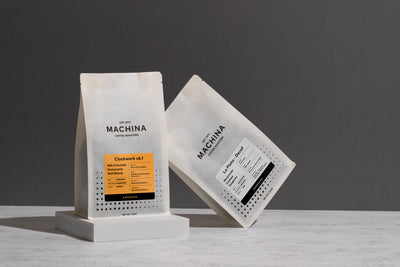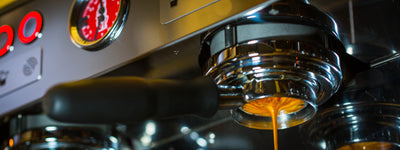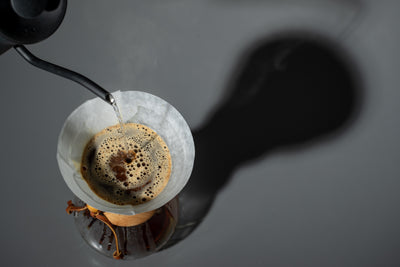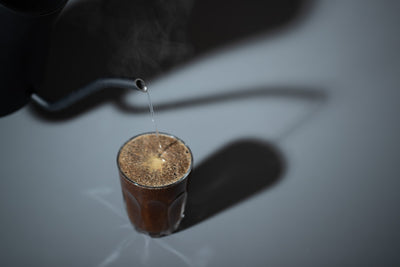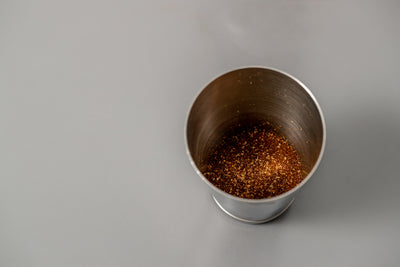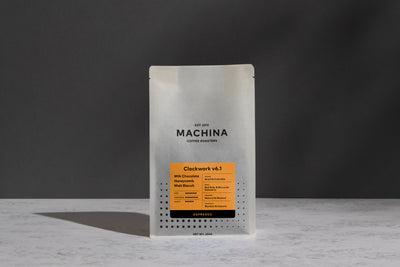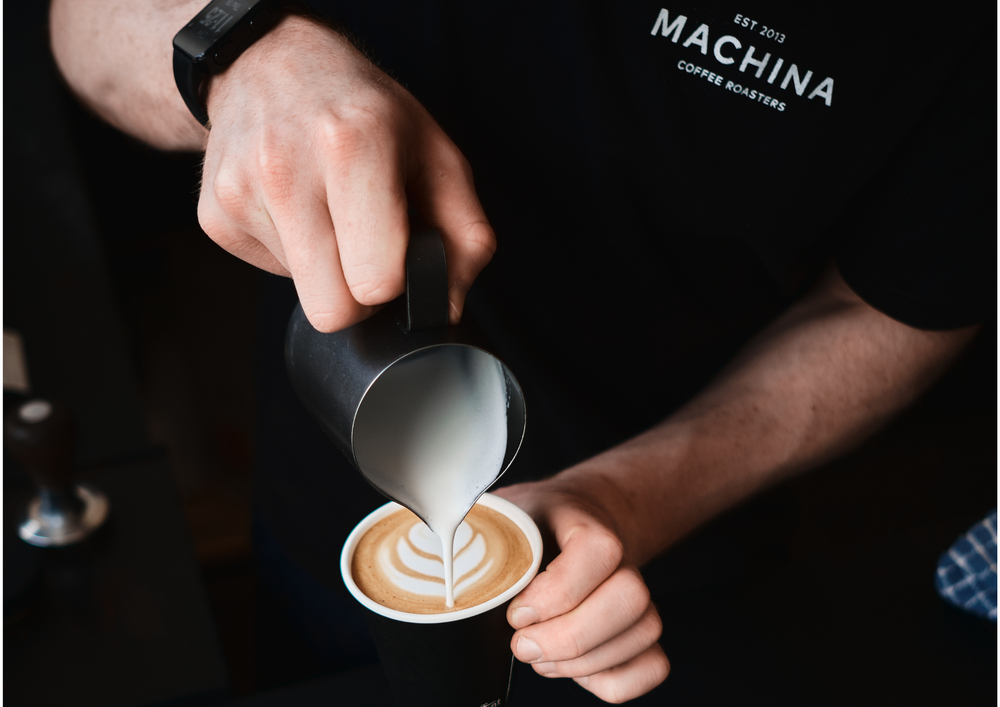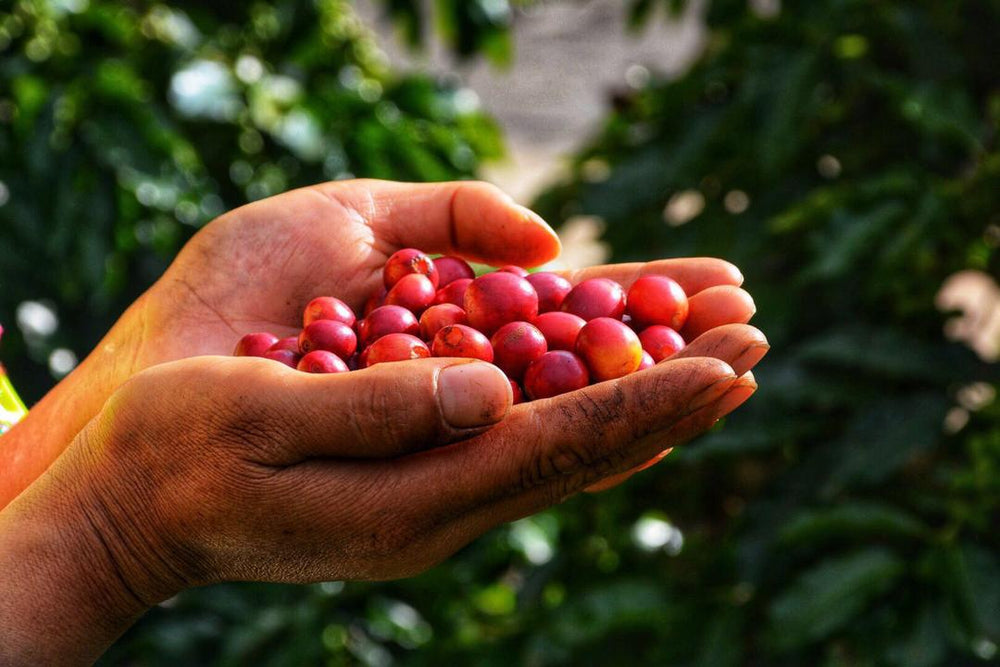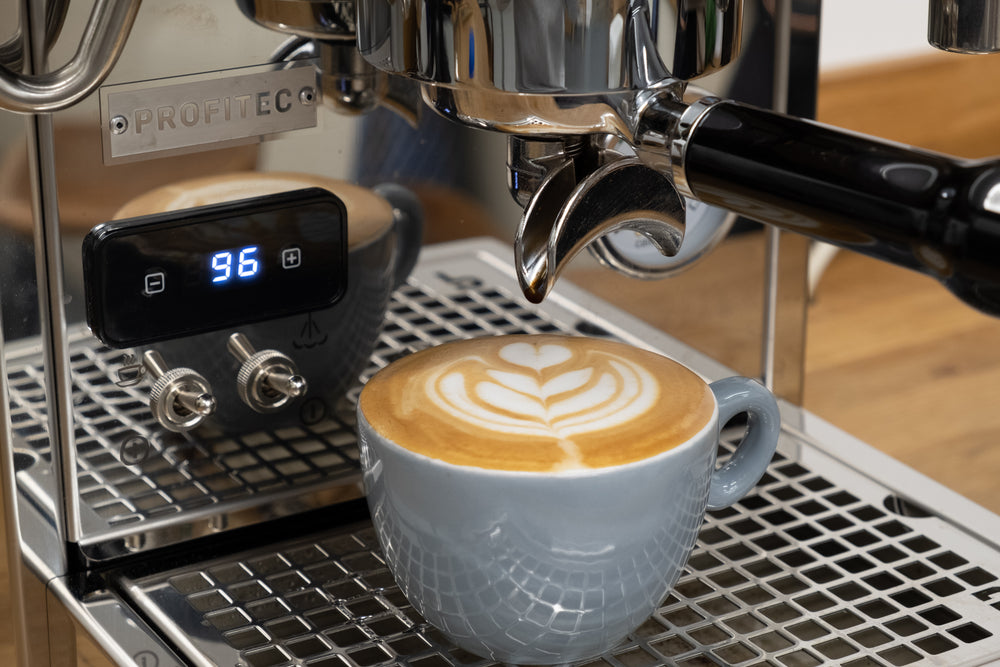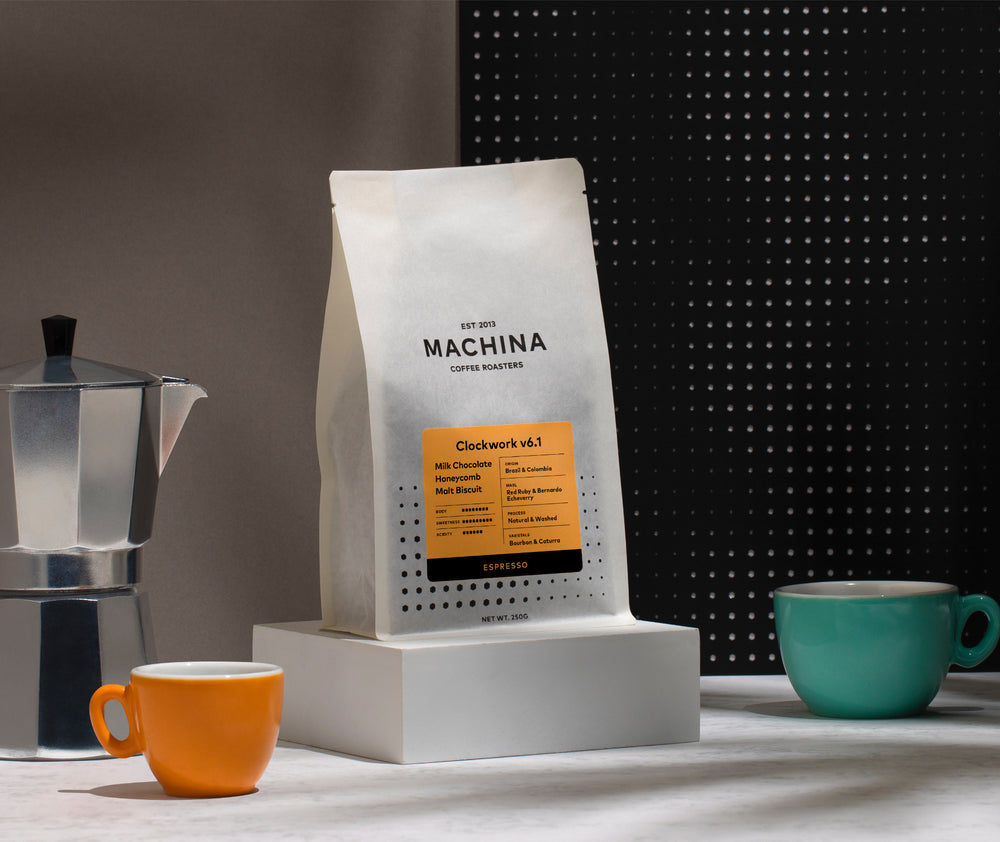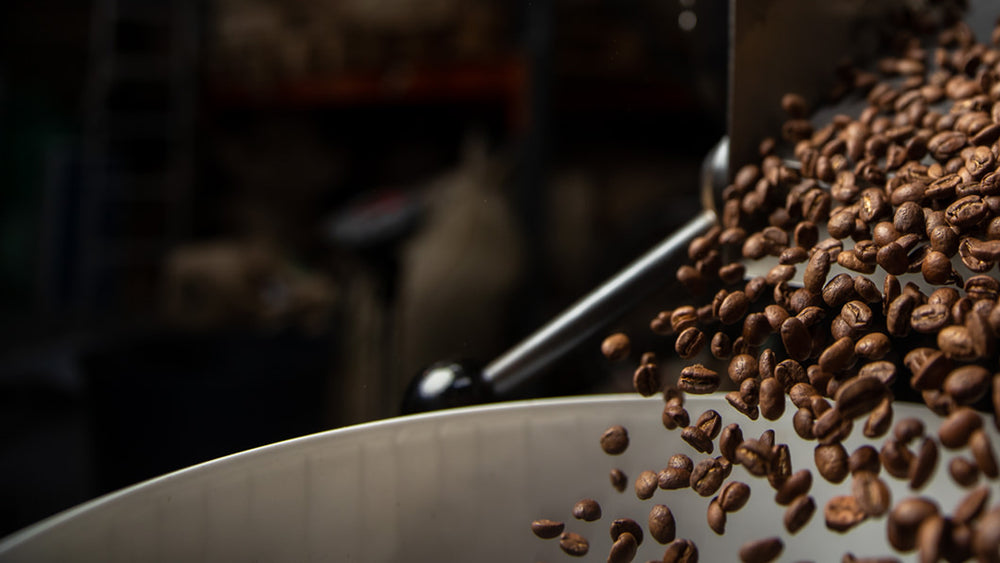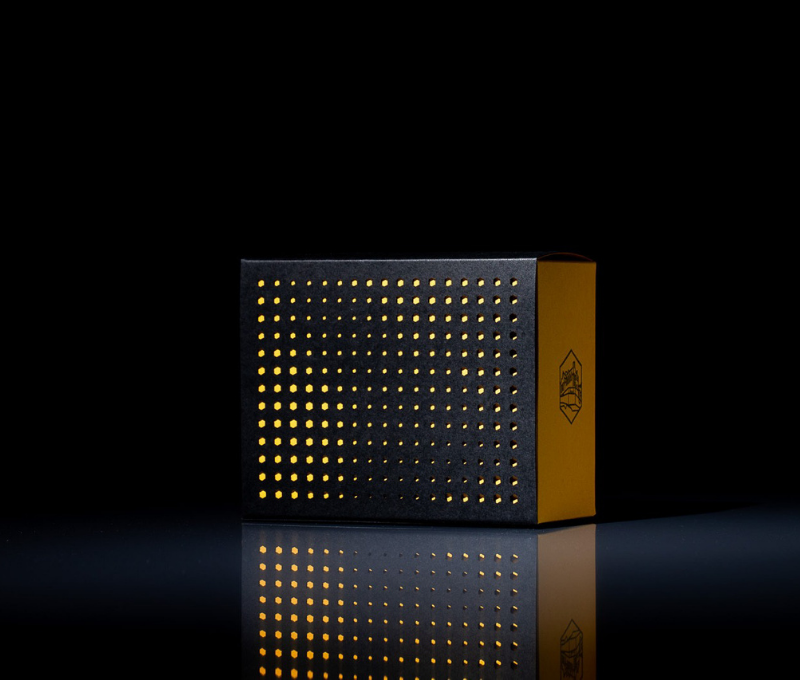While competing in the Brewers Cup in 2014 and 2015, one word dominated my thoughts: balance.
“Balance” in coffee refers to that sweet spot where the acidity, sweetness, and body of a coffee align equally to create a harmonious and “pleasing” taste.

In competition, balance is scored twice as highly as any other attribute on the score sheet, and this has resulted in most competitors brewing coffee in a very similar fashion. To achieve this balance, brewing for competition has converged into some commonly used tactics for success. These balancing tactics are:
- Using washed coffees as opposed to natural or honey processed coffees. Washed coffees are arguably more predictable in terms of flavour, so finding balance is much easier than in other process types.
- Brewing using similar methods. Typically, V60 has been favoured in competition, with Chemex being a close second. In recent years, the Kalita Wave has emerged as the go-to brewing method, as its flat-bed design provides a more even extraction, creating the balance that the judges are looking for.
- Brewing to similar Total Dissolved Solids (TDS) levels. TDS reflects the extraction of a coffee, referring to the amount of soluble matter in the coffee output.
- Using similar water. Water has different mineral content in different locations. To achieve optimal water, competitors will use reverse osmosis on their water, removing all minerals from the water. Following this, precise amounts of chosen minerals will be added.
While these highly-scientific coffees are undoubtedly very balanced and tasty, this style of brewing rarely excites customers in coffee shops. While working in our coffee shops, I often find that the coffees our customers rave about most are in fact the least balanced.
For example, our Ethiopian Kayon Natural was by far and away our most popular filter coffee over the past 6 months. It was highly acidic, had a lasting sweetness but lacked body. This coffee would have scored poorly in the Brewers Cup but our customers raved about it. We had people coming back time and time again to try the “blueberry coffee”.
For many regulars it was their first time trying black filter coffee - a real “eureka” moment - the realisation that black coffee could taste that sweet and acidic.
This week we will roast two new filter coffees for the first time - A Rwandan natural Nyamesheke and a Colombian coffee processed using the anaerobic fermentation method (a processing method used to further develop complexity, sweetness, and acidity in the coffee).
We chose both of these coffees as they really stood out on the cupping table - both are exceptionally complex, sweet and unusual. I’m not sure they would score very highly in a competition environment, but I’m certain these coffees will really excite and engage our customers. Keep an eye out for these, as they’ll be hitting our cafes very soon!
Written by Mark Williamson, Roaster

